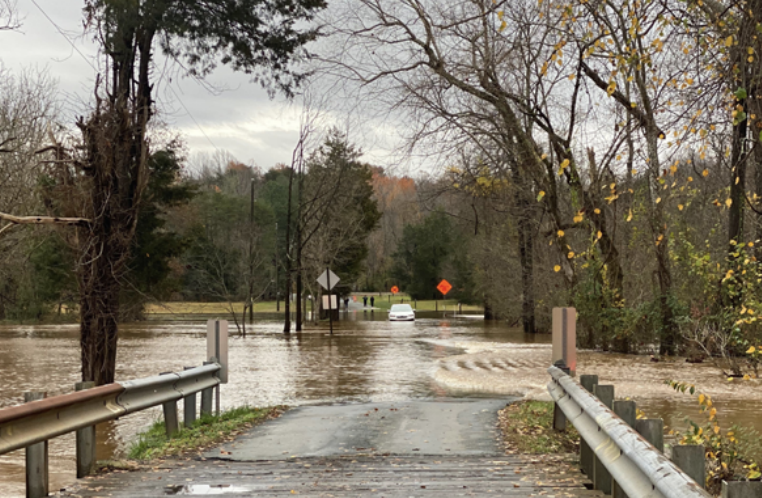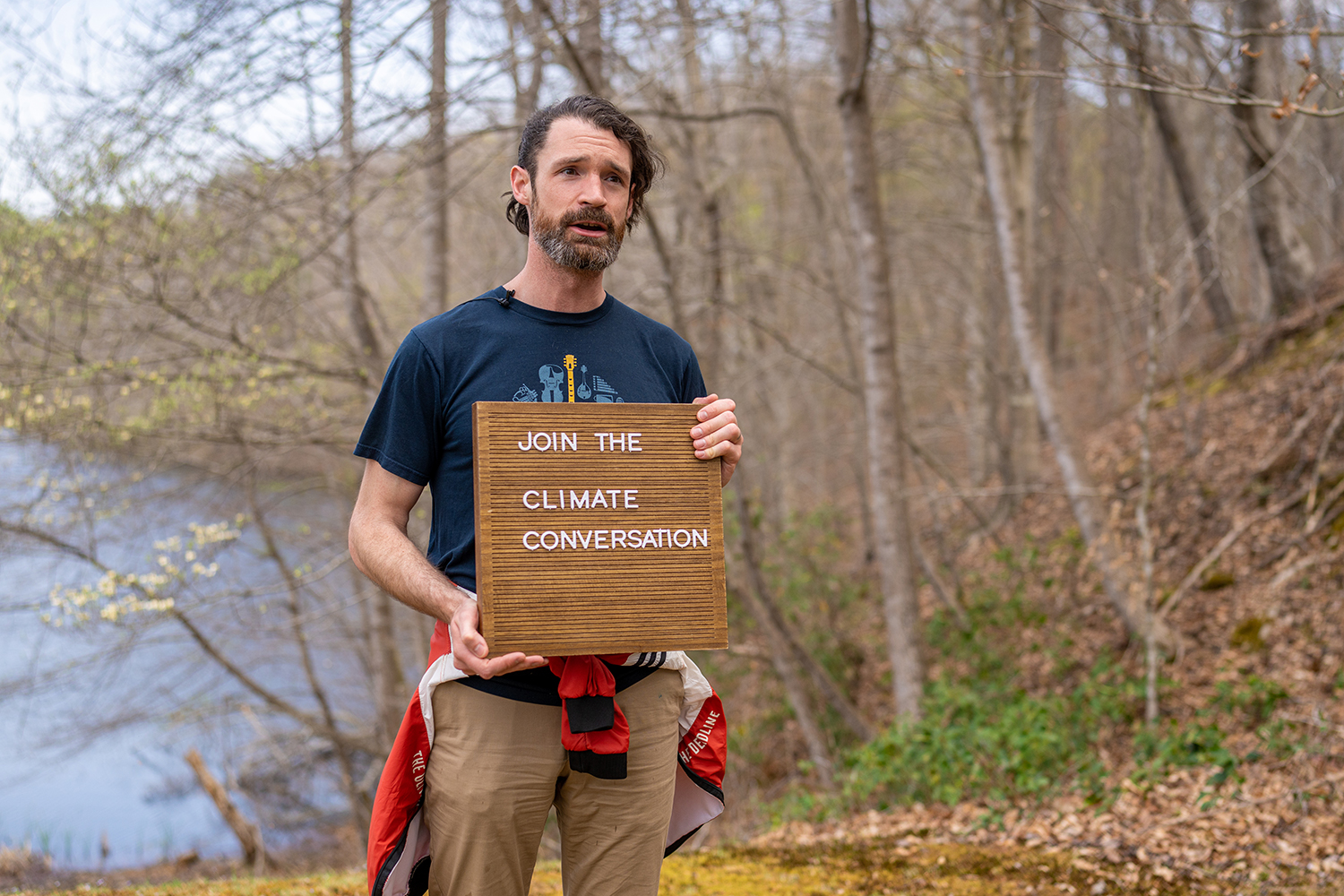In the immortal words of Bob Dylan: “The times, they are a-changin.” And by “times,” in this case, we mean the climate. The climate is changing across the Virginia Piedmont, and Albemarle County is taking a lead with bold steps to plan for those changes.
Climate is a global issue, but Albemarle leaders recognize that no matter what the rest of the world does, local governments have roles to play. For one thing, they have a responsibility to do what they can to slow changing climate conditions. They also will be on the front lines in responding to community needs when climate changes put people at risk—when lands flood more frequently or when people suffer health effects of rising temperatures.

To that end, the Albemarle Board of Supervisors crafted and adopted the first phase of its Climate Action Plan, way back in October 2020.
That plan focuses on how the County’s operations could support a reduction in greenhouse gas/carbon emissions, such as through mass transit initiatives, improving walkability, and embarking on cleaner energy usage. It also considers how Albemarle County leaders can anticipate exactly what hazards are likely to be made worse by the changing climate and weather patterns in the region and steps to protect people and communities.
Where is Albemarle most vulnerable?
The County has partnered with The Piedmont Environmental Council, Resilient Virginia, climate modeling engineering firm Sobis, and Richmond-based marketing firm Green Fin Studio to analyze the risks and vulnerabilities of climate changes within Albemarle County. The study examines extreme heat, drought, flooding, fire, disease and pestilence, and the intersections of all of these hazards. It also views their impacts through the lens of people, the natural environment, our built environment and the economy.
For example, Albemarle County is experiencing hotter and longer summers that are creating several public health risks. Ticks and mosquitos species that carry such diseases as West Nile and Lyme are flourishing in the area for longer periods of time. People living without the luxury of air conditioning bear long-term health challenges associated with excess heat.
The study also underscores the importance of tree cover for cooling shade and habitat value, as well as for capturing carbon from the atmosphere.

Albemarle is also seeing more intense rainstorms alongside extended periods of drought. It’s easy to take for granted that our faucets will always provide enough safe water and that our homes are protected from floods, but the normal we’re used to is slowly changing. The alternating problems of too much and not enough water create new and serious challenges for water management.
The reality is that climate conditions are changing throughout the PEC region, and Albemarle’s climate risk and vulnerability report is applicable to other counties as well. Now is the time for all of us to arm ourselves with an understanding of what climate change means in each of our communities and to each of us individually.
Albemarle County has started updating its comprehensive plan accordingly, and we hope all counties will follow suit, using the lens of climate to inform local land use decisions. One place to start is PEC’s briefing paper, Resources for Climate Action Planning for Albemarle County, which is available on our website at pecva.org/climate. Over the coming months, PEC will share key takeaways from Albemarle’s risk and vulnerability report, highlighting what it means for planning efforts not only in Albemarle County, but throughout the region. Get ready to join the climate conversation!
This story appeared in The Piedmont Environmental Council’s member newsletter, The Piedmont View. If you’d like to become a PEC member or renew your membership, please visit pecva.org/join.
